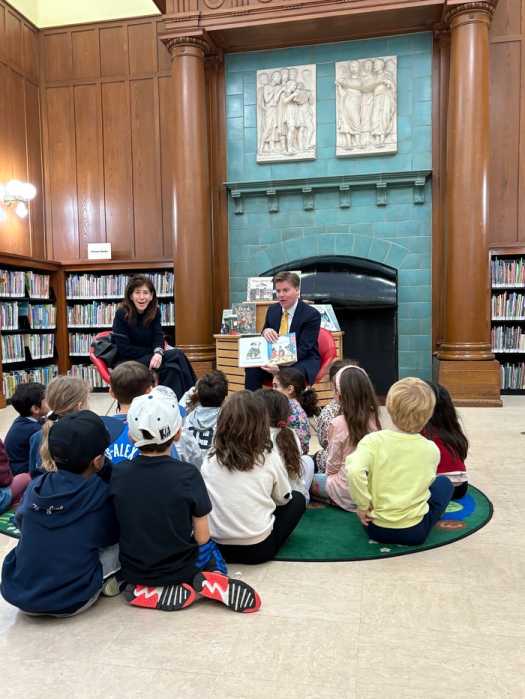I sprinted out the door with no hat or coat at 8:05 am during a freezing-cold day, rushed across the street, car key in hand, only to find an empty spot where I had parked the day before. Turning, I saw my forlorn car rolling down the street on the back of an NYPD tow truck, and my first thought was “How can I keep my kids from finding out I messed up?”
It was a complicated equation. I was about to drive my younger daughter to school because she’s still on crutches after knee surgery. Do I call a car service or make her walk? How do I explain either of these without divulging the fact that her father blew it?
I was looking for a way to hide my failure from my children. When they were little, it was so easy to be impressive. In the eyes of a 3- or 5-year-old, an average guy like me appears close to Superman. I seemed big and strong and smart. I could drive and cook and my arms could envelope their entire little bodies and all the worries and cares they contained.
Now, I have teenagers, creatures of intense skepticism, suspicion, and disbelief. If I’m lucky, they think I’m impressive once in awhile. It’s a struggle to seem even average as they go through waves of competing with and opposing me, focusing their adolescent lasers of sarcasm and rebellion on every suggestion or idea I share.
My instinct was to hide from their potentially withering criticism.
As I told my younger daughter I’d walk her to school, carrying her backpack and helping anyway I could, she, of course, asked why we weren’t driving. I knew immediately the truth was the right and only way, but I still put off the inevitable, telling her I’d explain as we went.
I confessed my goof up as she hobbled down Henry Street, and braced for whatever teasing or cutting words might emerge from her mouth. But that didn’t happen.
Instead, she was patient and understanding. In that moment I wasn’t any kind of a superhero, just a regular person who makes mistakes, like her or any adolescent. She could totally relate to forgetting a responsibility or misjudging the timing of a situation.
When my older daughter caught up to us and I gave her my story, she shrugged it off as mundane and uninteresting.
As my girls have gotten older, they have become real people, struggling with the demands and responsibilities of high school and teenage life. The example I offer is a way to face life’s joys, frustrations, successes, and failures with honesty and without freaking out. I can deliver the message that when I make a mistake, I face it and move on.
More importantly, I no longer need to try and be the heroic, phenomenal creature I was when they toddled around the living room. Today, just being a real person in their sight is extraordinary in a different and meaningful way.
Now I just have to figure out how to tell my wife about the car.
Read The Dad every other Thursday on BrooklynPaper.com.

























